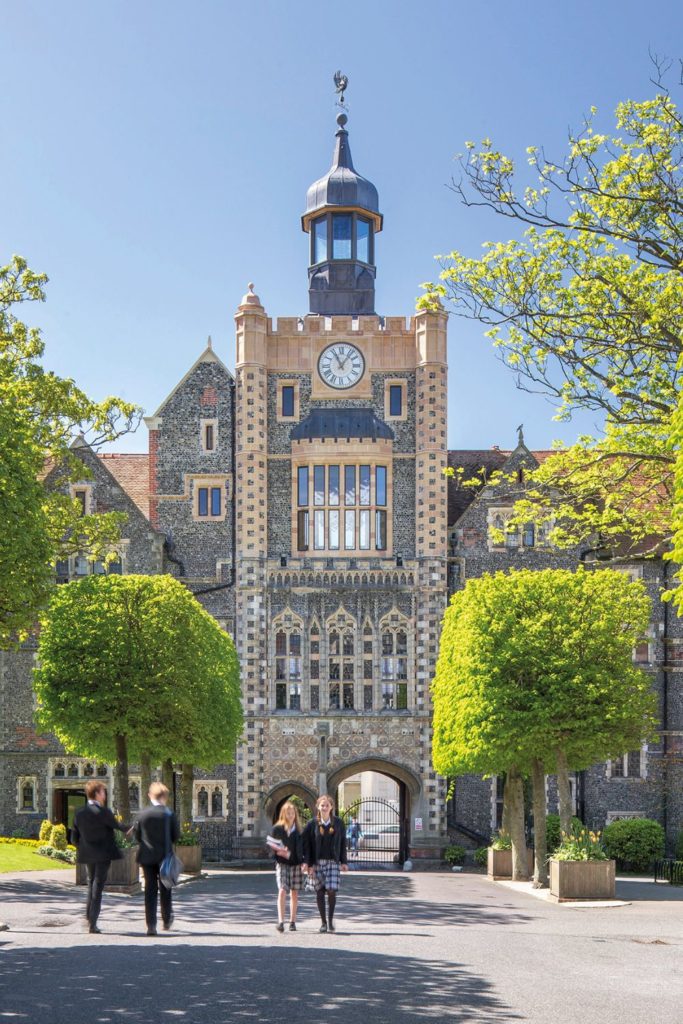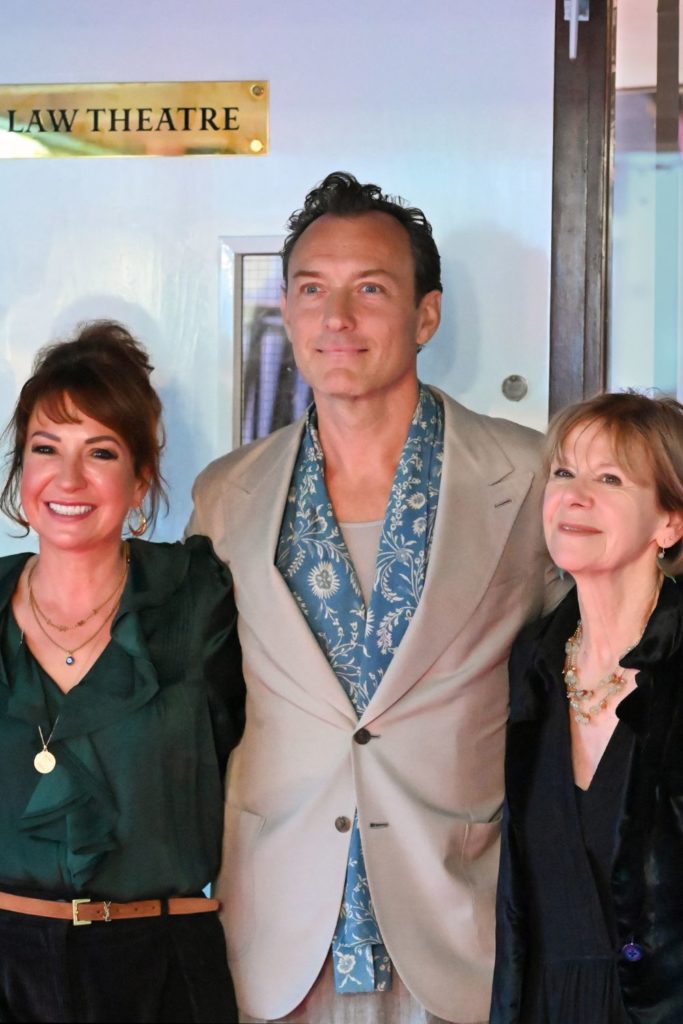Post Pandemic Education
By
3 years ago
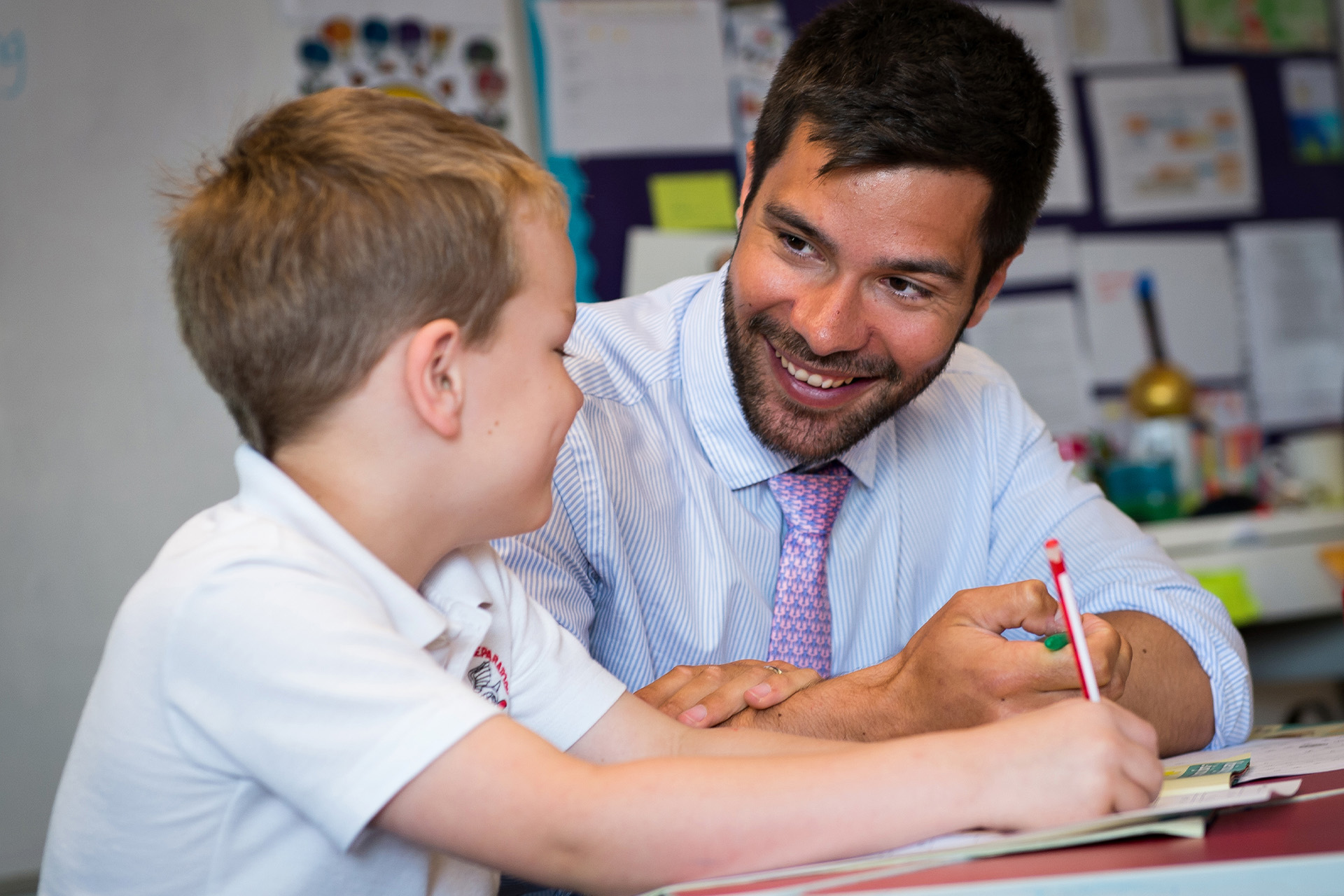
John Davis, Vice Principal of Kingswood School, shares his thoughts on mentorship.
Throughout my career, I have read many books and listened to keynote presentations about the imperative of technological revolution in our schools and classrooms. A common trope is to refer to a picture of a Victorian classroom and lament that, essentially, things look pretty much the same in most of our schools. A utopian vision is then imagined where students engage with learning through technology, breaking the borders of the traditional classroom and supplanting the role of the expert
teacher.
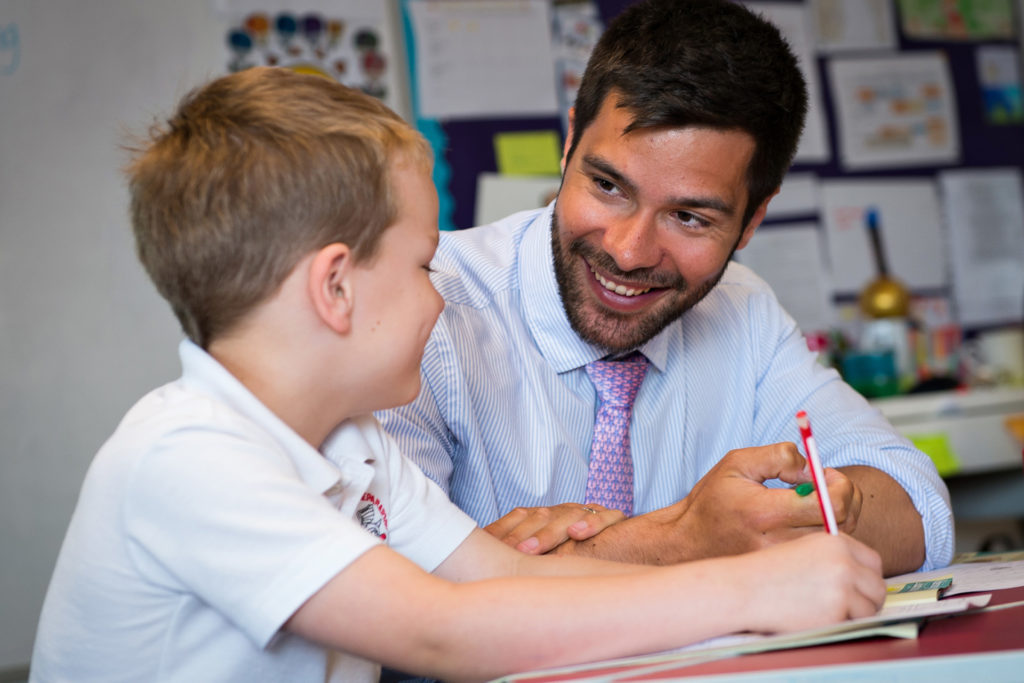
Educational leaders are, rightly, interrogating the extent to which the Covid-19 pandemic has provided the ‘disruptive’ moment, long-awaited by EdTech enthusiasts. It is certainly true that the pandemic created an imperative on classroom teachers to quickly adapt their approach, leveraging technology in the educational process. I am very proud of the immense efforts of the teachers at my school who transformed their teaching approach overnight to adapt to remote learning, and I know our story is echoed in schools throughout the world. In a time of crisis, teachers responded with dedication, care and compassion, and technology enabled us to offer a form of education that ensured that our young people’s learning continued while much of the world seemed to stop.
Despite these disruptions and my fondness for gadgets, my key learning point of the Pandemic was not to do with the power of technology however. Whilst we have certainly learned more about how we can leverage technology to improve students’ education in the future (and this is undeniably a worthy pursuit), the primacy of the relationship between a teacher and student stands out for me as the most vital takeaway.
For many of us, the world feels as though it has turned upside down in recent years: disease, war, economic uncertainty, environmental collapse and political upheaval all weigh heavily on this generation of adolescents. According to YoungMinds, 83% of young people with mental health needs agreed that the pandemic had made their mental health worse; one in six children aged five to sixteen were identified as having a probable mental health problem in July 2021, up from one in nine in 2017. At Kingswood, we seek to address head on the mental health implications of the Pandemic for this generation of young people, although our solution is not primarily technological, nor is it particularly modern.
In Homer’s ‘Odyssey’, Telemachus, the son of Odysseus, is faced with a world where everything is suddenly changed. War and separation has left him uncertain of himself; he doesn’t feel safe in his own home and he is no longer certain about his future prosperity. He feels isolated, threatened and burdened by responsibility. His scenario is therefore not unlike that faced by many teenagers today.
In the ‘Odyssey’, Athena, goddess of wisdom, appears to Telemachus in the form of a trusted counsellor called Mentor. In the midst of chaos and uncertainty, Athena’s approach is to adopt the form of a teacher in order to guide Telemachus on the right path, knowing that the decisions he makes now will shape not only his future, but also the future of his society. Homer recognised that, in times of great distress, the most important figure that most of us need in our lives is a Mentor. Homer understood something centuries ago that, despite our technological advancements, still rings true for society today:
At the centre of any great education stands the Mentor.
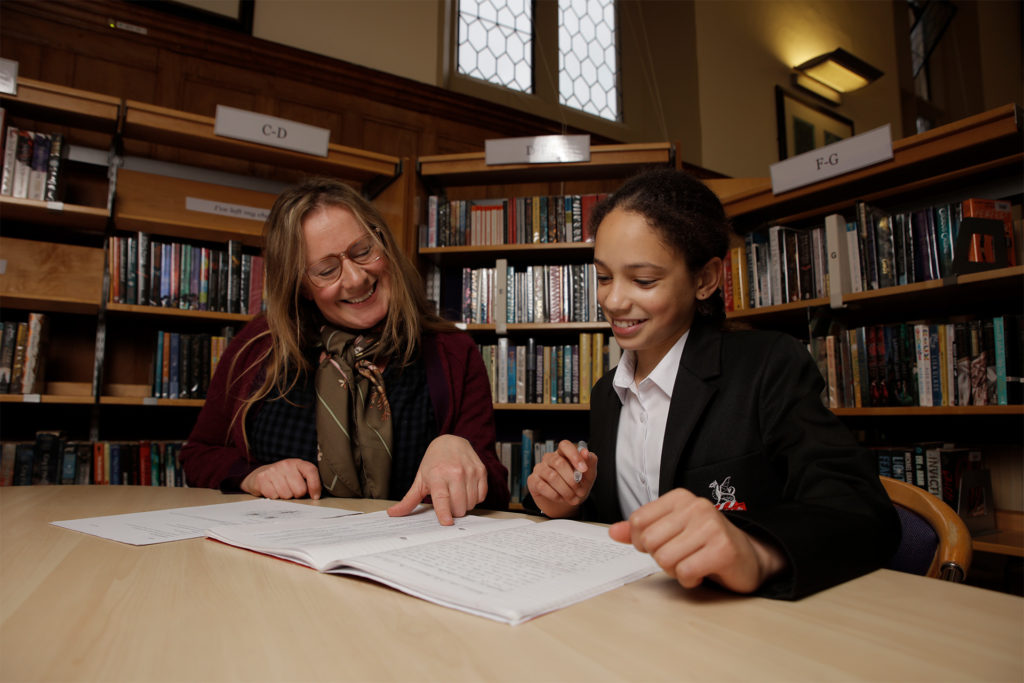
At Kingswood, we are certainly alive to the many opportunities presented by technology and, like many schools, are seeking to embed and refine some of the best lessons learned through the Pandemic: our teachers are now more fluent in a range of software platforms that are designed to connect people and enhance the sharing of information and collaboration; our meeting culture is evolving, leading to increased availability to students and parents whilst enabling more flexibility with working conditions for colleagues; our assessment is more immediate, reactive and diagnostic, and is beginning to leverage some of the benefits of ‘AI-powered’ adaptive learning technology.
Whilst these are indeed exciting developments, what stands out most for me, however, is the primary role of the Mentor in our students’ lives. A key lesson learned during the Pandemic is that there is no replacement for a daily, lived relationship between a young person and their Mentor. The root of the name ‘Mentor’ is found in the word ‘menos’ which means ‘mental strength’. For many young people navigating adolescence during a period of great social upheaval, their relationship with a trusted adult at school is one of their greatest sources of wisdom and strength. It is heartening, too, that so many of our Sixth Form students volunteer to mentor younger children in both our own school and in a local Primary School, as part of our partnership with a local charity, ‘Mentoring Plus’.
In short, we want to be a school filled with Mentors.
In his 2001 book ‘Educating Intuition’, psychologist and emeritus professor Robin M. Hogarth proposed that there are two kinds of learning environments: ‘kind’ and ‘wicked’. ‘Kind’ environments, like a chess match, are scenarios where the rules and patterns can be learned and predicted, and therefore intuition based on experience and practice can improve someone’s performance in that domain. ‘Wicked’ environments, by contrast, are scenarios where the patterns are ever-shifting and the data is incomplete, and so our intuitions about decisions are less trustworthy.
It strikes me that much of the world operates as a ‘wicked’ learning environment; it is not ‘kind’ and predictable in the way we might wish it to be. And whilst much learning technology can certainly help young people prepare for ‘kind’ learning scenarios, such as passing GCSE or A Level exams, the reality of life is that we live with daily unpredictability. A great education must prepare young people to navigate ‘wicked’ environments, sharpening their wisdom and judgement so that they can be part
of solutions that bring order to chaos and in so doing make society stronger. There is no doubt that
technology (itself a ‘wicked’ environment) has much to offer us to help navigate uncertainty; however, the root of the human ability to adapt is, and has always been, our capacity for social
learning and co-dependence.
At Kingswood, we believe that every young person deserves an inspiring Mentor, a person who will
walk alongside them as they navigate the often ‘wicked’ twists and turns of adolescent life. Our most
significant lesson from the Pandemic might have been a stark reminder that there is no substitute for a Mentor, and that no amount of AI-enhanced learning will replace the wisdom and security found in the presence of a teacher you trust and respect.
It is why, alongside the development of our technological infrastructure and pedagogy, our post- pandemic vision at Kingswood continues to place ‘Care for the Individual’ as THE core value, found at
the very heart of everything we do.
See Kingwood School’s online listing here.

